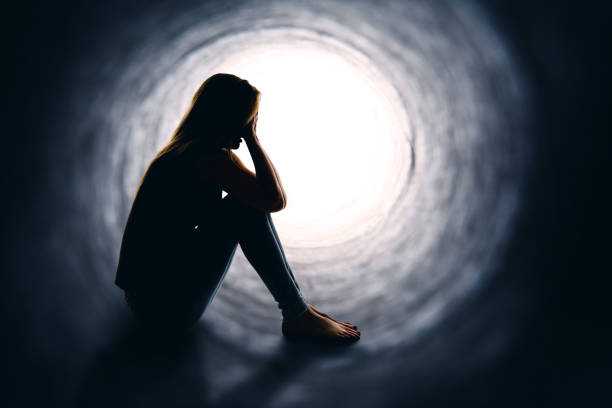Alcohol addiction is a serious mental health condition that can have devastating consequences for individuals, their families, and their communities. But what many people don’t realize is that there is often a link between alcohol addiction and psychiatric disorders. This link can be difficult to understand, so let’s take a closer look at the relationship between alcohol addiction and psychiatric disorders.
The Connection Between Alcohol Addiction and Psychiatric Disorders
Alcohol addiction has been linked to an increased risk of developing certain psychiatric disorders. In particular, studies have shown that people who suffer from alcohol addiction are more likely to develop anxiety disorders, depression, bipolar disorder, schizophrenia, attention-deficit/hyperactivity disorder (ADHD), and post-traumatic stress disorder (PTSD). All of these conditions can result in various levels of emotional distress and difficulty functioning in everyday life.
There are several theories as to why there is such a strong connection between alcohol addiction and psychiatric disorders. One theory suggests that people with certain genetic predispositions are more likely to become addicted to alcohol as well as develop psychiatric disorders. Another theory suggests that drinking alcohol can alter brain chemistry in ways that increase the risk of developing psychiatric disorders. Finally, some experts believe that environmental factors play a role in both the development of an addiction to alcohol as well as the likelihood of developing certain psychiatric disorders.
Treatment Options for People With Co-Occurring Alcohol Addiction and Psychiatric Disorders
People who suffer from both alcoholism and a co-occurring psychiatric disorder require specialized treatment in order to address all aspects of their condition. Treatment for this dual diagnosis usually involves both individual counseling sessions as well as group therapy sessions with other individuals who suffer from similar issues. Medication may also be used in order to help manage symptoms associated with both conditions. Additionally, lifestyle changes such as avoiding triggers for drinking or attending 12-step meetings may also be recommended by healthcare professionals in order to help maintain sobriety over time.
Conclusion
It’s important to recognize the connection between alcoholism and psychiatric disorders because it can mean all the difference when it comes to getting appropriate treatment for those affected by this dual diagnosis. Treatment options exist for those suffering from both an addiction to alcohol as well as one or more mental health issues—but only if they seek out help early on before things get worse. With proper treatment, individuals suffering from co-occurring alcoholism and psychiatric disorders can learn how to manage their conditions in order make positive strides towards lasting recovery.

